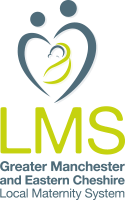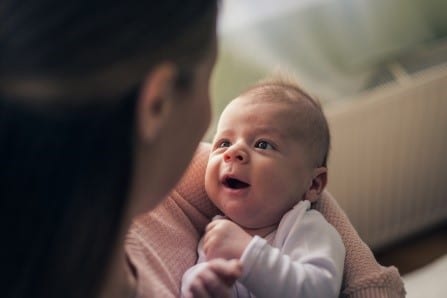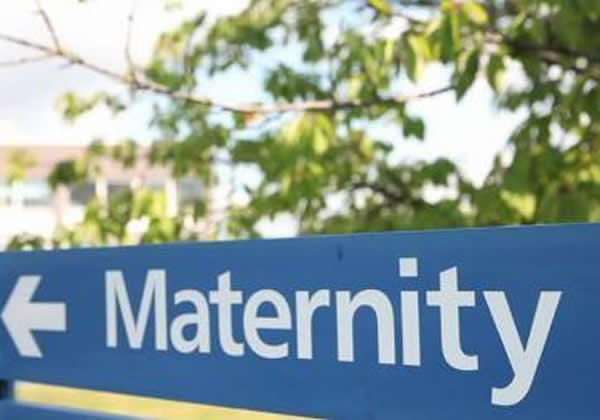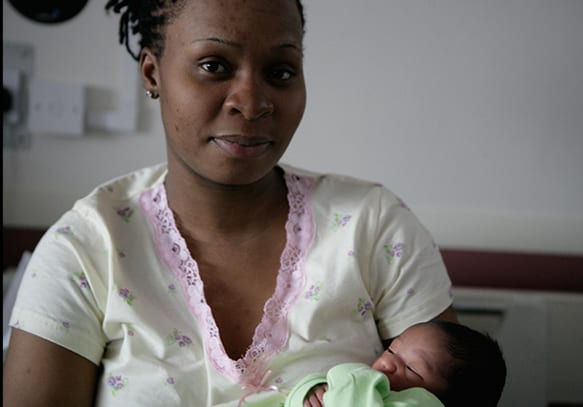Back at home
Jaundice
Jaundice is an illness that can affect newborn babies. This NHS England leaflet gives you more information around this. The leaflet is also available in different languages.
Health Visitors
Health visitors are registered nurses/midwives who work with parents who have new babies, offering support and informed advice from the antenatal period until the child starts school at 5 years.
Find out more below:
Baby blues and postnatal depression
You can access support through our Resources page.
Bonding and attachment: Finding your way with your baby.
We know that as babies, the way we are held, talked to and cared for, each teaches us about who we are and how we are valued. This profoundly shapes who we will become.’ (Brazelton, 2013).
Our earliest relationships build the foundations for lifelong mental, emotional and physical health. We all bond with our babies in different ways, and to our own and our babies’ timescales.
While bonding can be highly enjoyable, it is also serious business – bonding has three broad functions:
- Firstly, it improves the baby’s chance of survival by making it more likely his/her carer will keep him/her close, fed and safe.
- Secondly, bonding helps initiate the baby into the social world she/he is born into and sets a template for future relationships.
- Thirdly, bonding provides a framework for the brain to grow and develop those vital connections and become ‘wired’.
All these functions together, help build the kinds of relationships we have throughout our life and grow from the very first bonds we have with our parents and care-givers.
Bonding can feel like a magical process, some parents are struck all of a sudden and soon after birth, but bonding is much more than this. It will mostly come from the constant intimate moments from the routine of attending to your baby’s needs – ‘the hard work of daily loving’ (Tilden). For your baby, being held in your arms, coming to know the feel, smell, and sound of you is the major part of her life.
As your baby tries to communicate her/his needs and you try to understand and meet those needs, he/she develops trust in you and becomes attached to you. You are both learning and getting to know each other.
Watch below how baby responds to Dad’s voice and words:
You’ll find further information on bonding and attachment below:
Soothing your baby.
You can also find more information on the ICON website.
- ICON is a programme that provides information about infant crying and how to cope that you or parents you know may find useful. There are lots of short video clips and written information too.
- Support for parents with crying and sleepless babies: CRY-SIS HELPLINE – 08451 228 669. Lines open 7 days a week 9am-10pm
Bathing your baby - Demonstration
Watch the video below to watch a demonstration on how to bath your baby and click through below for step-by-step instructions on this.
Safe Sleep
The safest place for a baby to sleep for the first 6 months is in a cot, crib or moses basket in the same room as you.
This video is an introductory guide to safer sleep and explains what to do and what not to:
What is the safe sleep position? View this video clip of baby Eliza to find out about the safer sleep positioning, what to do if your baby turns, how to use blankets safely and the importance of keeping the sleep space clear:
What equipment do we need for a baby to have safer sleep? This video clip goes through what a baby needs to have for a safer sleep:
There are so many different products on the market advertised to parents/carers as what babies needs for sleep but many of these are unnecessary and can be dangerous. The Lullaby Trust have produced a guide of what to look out for and what to avoid.
For more information on safe sleep, please follow the link below:
Birth Trauma
Birth trauma like any traumatic event in our lives, can lead to post traumatic stress disorder symptoms. It may make it difficult to bond with your baby. You may find you get symptoms triggered about your birth experience by seeing others who are pregnant, other babies or certain television programmes such as One Born Every Minute.
Birth Trauma can affect mothers, birthing people as well as birthing partners too. It can affect people in different ways at different times. Speak to your midwife, health visitor or GP about your thoughts and feelings. They are there for you.
To find out more about birth trauma and help options available you may want to view the following resources and websites:

